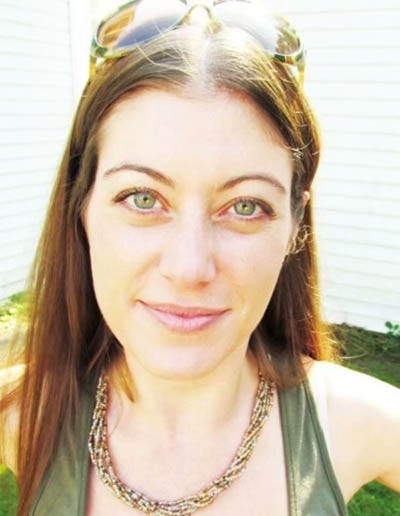
Two more private banking veterans have made the move to Private Wealth Asset Management, establishing the registered independent advisory firm’s first office in St. Louis and becoming the sixth team to join since it launched in September 2021.
Jeff Steiner and Tim Durbin said they left U.S. Bank, where they advised on around $1 billion in assets, to provide clients with a more comprehensive level of care than was available in the private banking sector.
“You’ve got to skate to where the puck is going to be,” said Steiner. “Private Wealth Asset Management is the future in terms of taking care of clients. And it just didn't seem like that's where we were.”
After starting his career at Mercantile in 1996, Steiner spent nearly 27 years at U.S. Bank. He last held the dual role of senior vice president and senior portfolio manager in the bank’s private wealth management division.
Durbin spent more than 12 years at PNC, in the bank’s financial services group and wealth management businesses, before a brief stint as VP of business development at Enterprise Bank and Trust. At U.S. Bank, he has spent more than three years each as managing director and wealth advisor.
“We’re looking for people just like these two,” said PWAM CEO Bryan Johnson, describing Durbin and Steiner as having the kind of experience that “simply can’t be taught.”
“They’re talented with their clients,” he said. “And, what we’re really trying to build here is a client-centered firm that isn’t motivated solely by profits.”
Co-founded by a dozen private bank breakaways, PWAM provides wealth planning, business transition, philanthropic and asset management services, with a special focus on natural resource commodities. The firm is focused on providing expanded private banking-style services without the red tape and restrictions imposed by large institutions, said Johnson—in a fiduciary setting.
Founders were responding to an industry trend that saw private banks stripping talent and resources from regional locations and moving them to large metropolitan centers, he said. Remaining close to clients, many of whom own large agricultural and energy concerns in the rural Midwest, is an important part of the PWAM culture. The firm is looking to attract others with the same professional background, talents, priorities and frustrations.
Steiner and Durbin said the breadth of capabilities and expertise available at PWAM, combined with accessibility and a tight-knit community, are what convinced them it was the right move after the firm reached out on LinkedIn last year.
“It's the culture, it's the camaraderie, it's the collaboration of partners who are all here for that common objective: delivering for clients,” said Durbin. “I’m used to committees and large groups and back offices and 800 numbers. But you can find the person you need to get things done here and, to me, that is a beautiful thing.”
If he isn’t skilled in a particular area, he explained, there is someone at or adjacent to PWAM with the required expertise who is generally just a phone call away.
“I would second that,” said Steiner. “We’re also looking at future generations and maybe adding concierge health care and looking at their insurance, as well. We now have specialists in each of those areas that take care of the things that banks just wouldn’t.”
Steiner added he already views PWAM as an extended family. Mentioning a recent off-site company event he attended, he said, “That’s something we haven’t done at U.S. Bank since like 2003.”
Steiner is joining PWAM’s investment committee and will lead the office’s portfolio management, while Durbin takes on the roles of managing director and private wealth advisor.
In just 18 months, Iowa-based PWAM has added top investment and planning specialists from private banks around the country, grown its total staff from seven to 45 and opened offices in four states and eight markets around the nation—Omaha, Neb.; Cedar Rapids and Des Moines, Iowa; and San Antonio, Corpus Christi, Midland and Fort Worth, Texas.
Durbin and Steiner are establishing the first St. Louis location, currently under construction at the PwC Pennant Building in Ballpark Village.
Currently, PWAM claims more than $1.7 billion in assets, an average client tenure more than double the industry average and a diverse staff, with women in a majority of leadership roles.
Johnson said he expects to grow the firm to around 50 advisors through the exclusive recruitment—conducted in-house and often through LinkedIn—of disillusioned private bank professionals, who he feels are more “well rounded” in areas like tax and estate management. By remaining small, he said the firm can avoid the need for centralization of services and processes that is becoming increasingly common in the RIA space.
“I don’t see ever becoming a firm with 300 advisors,” he said. “You become too corporate. We prefer to remain nimble and put the decision-making in the field with people like Jeff and Tim. We don’t want to become the institutions that we all left.”
About the Author
You May Also Like







